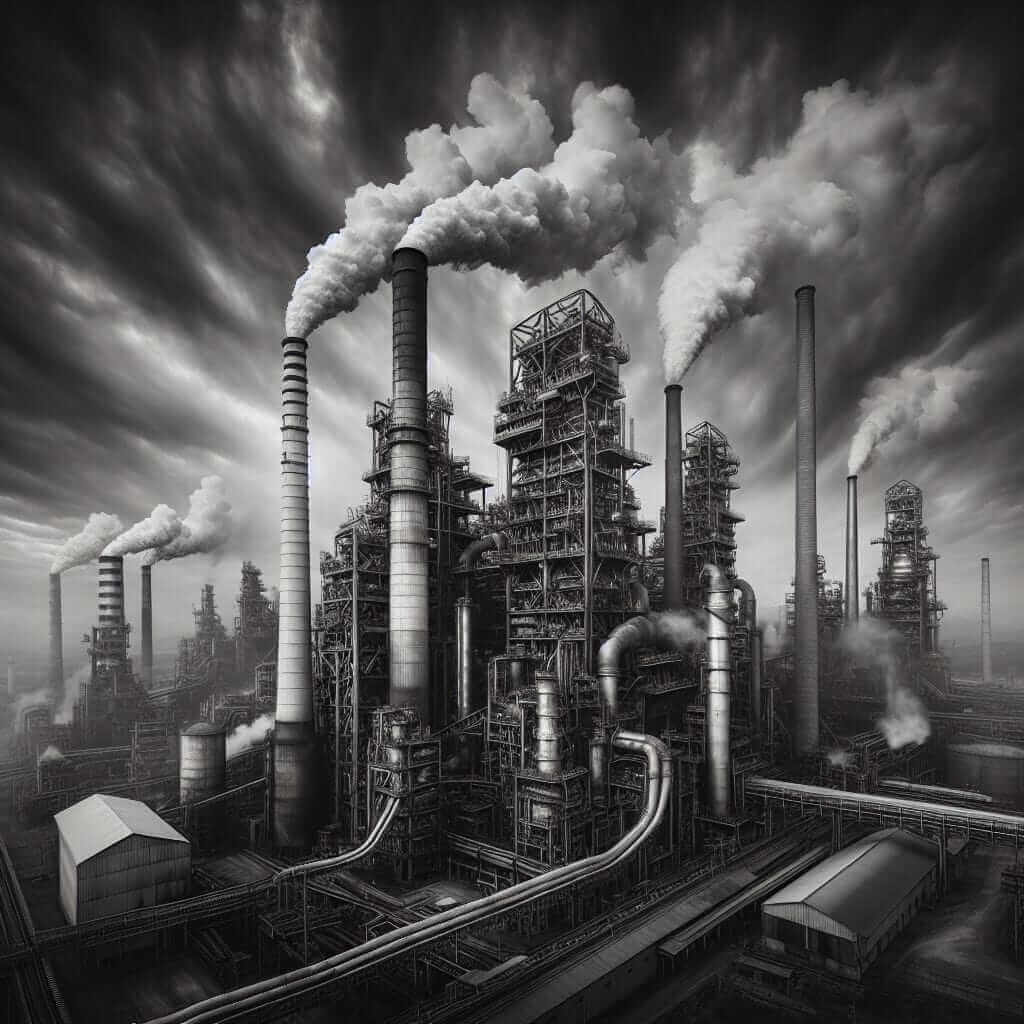Understanding the Impact of political decisions on the environment is a significant topic in today’s world. The IELTS Reading section often includes texts that analyze the interplay between political actions and environmental outcomes. Historically, these topics have appeared due to their relevance and the growing awareness of global environmental issues. With increasing political activism and international cooperation to address climate change, it’s possible that similar topics will continue to be included in future IELTS exams.
Practice Reading Passage
The Impact of Political Decisions on the Environment
In recent decades, the correlation between political decisions and environmental outcomes has become a focal point of academic and public discourse. Governments hold substantial influence over environmental sustainability through legislation, policy-making, and enforcement actions. For example, the enactment of stringent air quality regulations can drastically improve a country’s air conditions. Conversely, policies favoring industrial expansion without adequate environmental safeguards can lead to significant pollution.

Political decisions on the environment often reflect a nation’s economic priorities. Developing countries might prioritize economic growth and industrial development over environmental protections, leading to increased emissions and natural resource depletion. Developed nations, however, might invest heavily in green technologies and renewable energy sources to combat climate change and promote sustainable development. These differences underscore the impact that political ideologies and economic status exert on environmental policies.
International collaborations and agreements play a pivotal role in shaping environmental policies worldwide. Agreements such as the Kyoto Protocol and the Paris Agreement aim to reduce global greenhouse gas emissions. Countries participating in these agreements commit to setting and achieving emission reduction targets, demonstrating the global effort to mitigate climate change.
Political stability and governance quality also impact environmental policies. Stable political environments allow for the consistent enforcement of environmental regulations, while countries experiencing political turmoil may struggle to maintain environmental standards. Moreover, the strength of environmental agencies and public advocacy can drive political action towards sustainable practices.
In conclusion, political decisions significantly impact the environment, with the potential for both positive and negative outcomes. By prioritizing environmental sustainability, governments can foster a healthier planet for future generations.
Questions
Multiple Choice Questions
-
What can stringent air quality regulations improve?
- A. Industrial development
- B. Air conditions
- C. Water pollution
- D. Greenhouse gas emissions
-
How do developing countries often prioritize their policies?
- A. By investing in renewable energy
- B. By enhancing environmental protections
- C. By focusing on economic growth
- D. By reducing greenhouse gas emissions
-
What is the aim of international agreements such as the Kyoto Protocol and Paris Agreement?
- A. To stabilize political environments
- B. To promote industrial expansion
- C. To invest in green technologies
- D. To reduce global greenhouse gas emissions
True/False/Not Given Questions
-
Developed nations favor industrial expansion over environmental protections.
- A. True
- B. False
- C. Not Given
-
Political stability is unrelated to the enforcement of environmental regulations.
- A. True
- B. False
- C. Not Given
Summary Completion
Complete the summary using the provided words.
Governments influence environmental sustainability through __ (policy-making, technology, advocacy). Developing countries may prioritize __ (economics, environment, legislation) over environmental protections, while developed nations invest in __ (industrial growth, renewable energy, political action) to combat climate change.
Answers
- B
- C
- D
- B
- B
- policy-making, economics, renewable energy
Common Mistakes and Tips
-
Misinterpreting questions: Carefully read each question and ensure you understand what it is asking. For example, distinguishing between “industrial development” and “economic growth” can be tricky.
-
Keyword identification: Practice identifying keywords in the text that correlate with questions.
-
Time management: Allocate time to each section and stick to it; practice regularly to improve your reading speed and comprehension.
Vocabulary
-
Legislation (noun) /ˌlɛdʒɪsˈleɪʃ(ə)n/: laws, considered collectively.
- Example: The government passed new legislation to improve air quality.
-
Sustainability (noun) /sə(ʊ)ˌstɛnəˈbɪlɪti/: the ability to be maintained at a certain rate or level.
- Example: The sustainability of our natural resources depends on political decisions.
-
Emissions (noun) /ɪˈmɪʃ(ə)nz/: the production and discharge of something, especially gas or radiation.
- Example: Reducing carbon emissions is critical for combating climate change.
Grammar Point
- Present Perfect Tense: Used to indicate actions that have occurred at an indefinite time in the past and are relevant to the present.
- Structure: have/has + past participle
- Example: Governments have enacted stringent air quality regulations.
Conclusion
To excel in the IELTS Reading section, it’s essential to practice regularly, build a strong vocabulary, and familiarize yourself with different types of questions. Reflecting on the impact of political decisions on the environment not only enhances your knowledge but also prepares you for potential topics in the exam. For further reading on related topics, you might find these articles useful: The Impact of Social Media on Democratic Processes, The Influence of Renewable Energy on National Security, and The Effects of Political Decisions on Economic Stability.